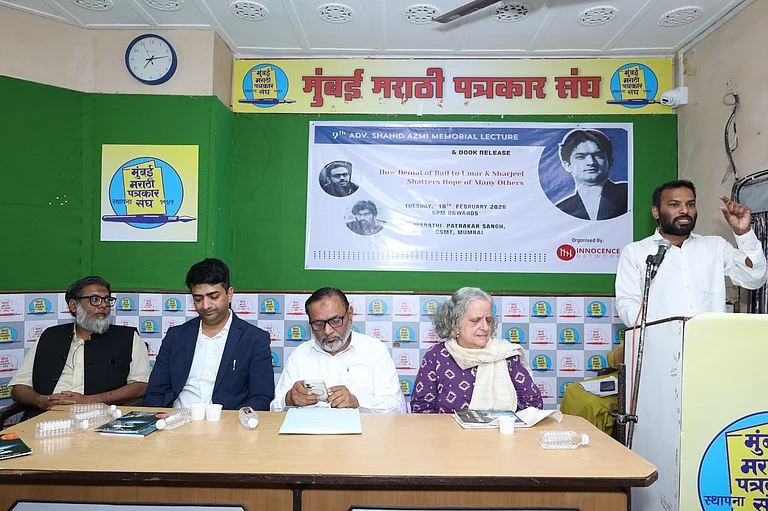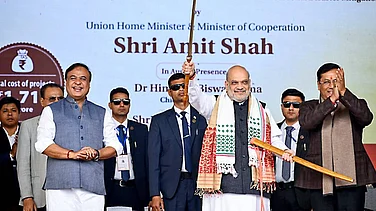China’s President Xi Jinping is not attending the G20 summit in Delhi though so far no formal announcement has been made. The Chinese foreign office spokesperson refused to comment when asked about Xi skipping the G20 at his weekly briefing on Thursday. A Reuters report said that Premier Li Qiang will represent China instead.
In a way, this was not unexpected going by the current state of India-China bilateral ties yet so far both India and China had not skipped any multi-lateral meetings hosted in a third country. Ties had steadily gone downhill since the military confrontation between the two Asian powers in the summer of 2020, where 20 Indians and three PLA soldiers were killed.
This week a fresh controversy over a map issued by China -- where large chunks of Indian territory, including Arunachal Pradesh India’s northeastern state as well as the disputed Aksai Chin plateau in the western border were shown as a part of China. This had added another layer of distrust between the embittered neighbours. China had long claimed Arunachal as a part of south Tibet and in 1962, India and China fought a short border war in the eastern front. A few months ago China renamed several Indian border villages with Chinese names in another map released for the local area.
In 2019, when India scrapped Kashmir’s special status China reacted angrily to Ladakh becoming a Union Territory, on the grounds that this affected China’s territorial integrity and sovereignty, as part of Ladakh borders Tibet. Some analysts believe that this was the trigger that led to China sending in the PLA across the LAC and amassing troops in the frontier. Not that incursions into Indian territory were done for the first time, but in 2020 the troops moved in with the intention to stay. India lodged a strong protest and the Chinese foreign ministry reacted by asking India to remain calm!!
Why President Xi Jinping has decided to stay away is not known. But an indication was there when the meeting between Prime Minister Narendra Modi and Xi in South Africa during the BRICS summit earlier this month did not break the ice. Both sides in separate statements after the short interaction stuck to their stated positions and there was no forward movement.
Then again India riled China by sending three recently retired service chiefs to Taiwan for an Indo-Pacific security dialogue. Though the three former army chief Manoj Naravane, navy chief Karambir Singh, and air chief RKS Bhadauria were invited in their personal capacity by the Taipei authorities, this irked China. It is also well known that the retired service chiefs could not have gone without a green signal from the Modi government.
“Chinese belligerence and intimidatory use of hard power leaves India disconcerted and New Delhi does not want the Chinese playbook replicated elsewhere as it is in the South China Sea, ” Karambir Singh said at the seminar. China is extremely sensitive about Taiwan. Though India like the rest of the world, including the US accepts the one-China dictum, Beijing’s aggressive stand on Taiwan --flying fighter jets around Taiwan’s air defence zone, sending in warships and generally adopting a threatening pose-- has rattled all countries in the region. The US too has been steadily providing military assistance to Taiwan. The US-China rivalry is making the situation in the Taiwan Strait even more complex.
While it was evident that there would be little break-through on India-China ties at the G20, a meeting between US President Joe Biden and Xi was much anticipated at a time when both countries are trying to mend fences. Some analysts believe that China has now decided to engage with the US on its own terms. It is Washington that has sent Secretary of State Antony Blinken, Treasury Secretary Janet Yellen and Commerce Secretary Gina Raimond to reduce tension and ensure that a working economic arrangement with China is in place.
The broader signal from China is that the G20 is not a forum that can effectively solve the economic problems of the world. An ideology-driven China under Xi sees the world divided into the pro-West and anti-West camps. Xi regards China and not India as the leader of the Global South. That could be reason enough not to be part of any major international event where India sets the rules.



























